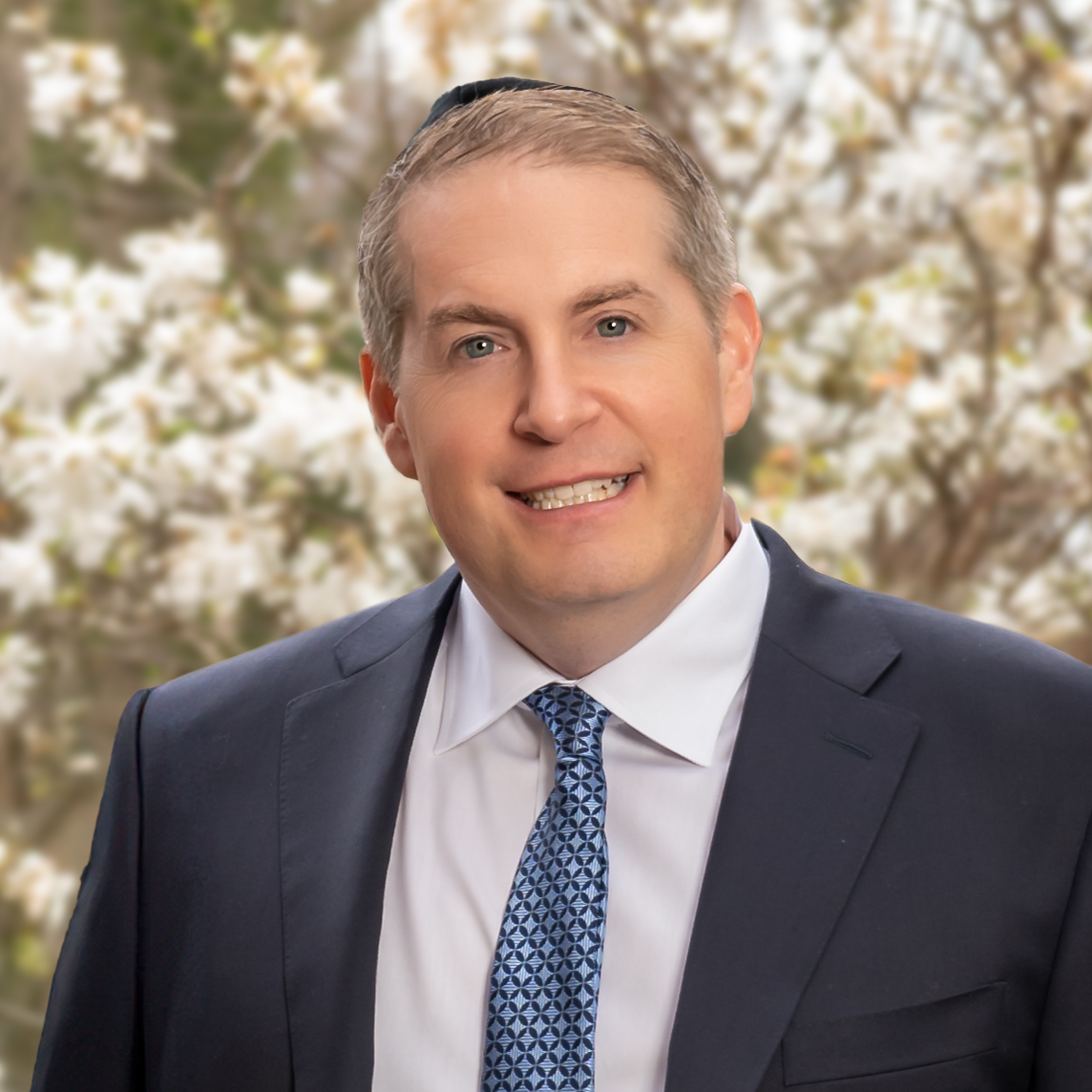The traditional career ladder often presents limited options: climb straight up or stay put. But what about moving laterally, diagonally, or even stepping onto entirely different structures? Nick Muzin didn't stick to one path - he went from doctor to lawyer to political operative because that's where his interests led him. His winding career shows what can happen when you chase what actually interests you, not what makes sense on paper.
Ditching The Standard Playbook
"Doctor, lawyer, political strategist – pick one." Nobody gave Nick Muzin that memo. After graduating from Einstein College of Medicine, he looked at the conventional path of residency and practice and thought, "What else could I do with this knowledge?"
"I've always been interested in politics and in law, and I went to medical school interested in medicine, but my father had always encouraged me to go into medicine. And then I started thinking about public policy and what you could do as a doctor, and how you can influence public policy and medical administration," he explains.
Most would have seen medical school as a fixed commitment to practicing medicine. Muzin saw it as the first chapter in a much bigger story. He headed to Yale Law School, adding legal expertise to his medical knowledge – a combination few in politics could match.
His approach flips conventional wisdom on its head. While career counselors preach specialization, Muzin's cross-disciplinary background became his superpower. Each seemingly disparate credential built upon the others, creating a unique professional profile impossible to replicate through traditional career planning.
Connecting Dots Others Miss
Some of the best career opportunities hide in the spaces between established fields. Nick Muzin spotted these gaps because he could speak multiple professional languages fluently.
"To bring about meaningful change, it's essential to see how health care, law, and policy are all interwoven, and how they each play critical roles in shaping society," he notes.
This multilingual professional ability paid dividends throughout his career. During John McCain's 2008 presidential run, Muzin served as senior medical advisor – the perfect person to translate complex medical records into politically digestible information. He could speak "doctor" to medical professionals and "campaign strategy" to political operatives simultaneously.
At Stonington Global, clients benefit from this rare perspective. While single-discipline consultants might miss crucial angles, Muzin sees healthcare challenges through medical, legal, and political lenses simultaneously. He anticipates how policy shifts might affect clinical practice, how legal frameworks constrain political possibilities, and how all three interact in real-world scenarios.
The value of this perspective can't be overstated. In complex fields like healthcare policy, solutions require understanding systems from multiple angles – exactly what passion-driven, multidisciplinary careers produce.
Making Bold Moves When Others Play Safe
While everyone else was playing it safe, Nick Muzin kept making career moves that made people scratch their heads. Looking back now, you can see he had a good eye for opportunities that weren't obvious at the time.
Consider the pivotal advice he gave Tim Scott, who was planning a safe run for lieutenant governor in South Carolina. Muzin saw bigger possibilities and convinced Scott to shoot for Congress instead – a higher-risk, higher-reward proposition.
"Tim had served on the Charleston County Council for about 13 years. People in Charleston knew him, they liked him. It's a small town, and he'd been a familiar presence for years. They were comfortable with him," Muzin recalls. That local foundation combined with Scott's exceptional talents spelled opportunity that conventional political calculus missed.
Muzin applied the same bold thinking to his own career. After Ted Cruz's presidential campaign ended, he had offers to join the Trump administration. The White House path offered prestige and security, but Muzin chose entrepreneurship instead, founding Stonington Global.
"Right now, I'm focused on Stonington Global. Depending on how things unfold in politics, I would be honored to return to government service at some point. But for the moment, my priority is really growing and developing the company," he explains.
Such decisions require confidence that can only come from genuine passion. When you're motivated by interest rather than external validation, you'll make career moves that puzzle others but ultimately lead to greater satisfaction.
Letting Values Drive Business Decisions
When your career grows from genuine passion, your values naturally shape your business practices. Nick Muzin's approach to client relationships demonstrates how pursuing what matters to you leads to distinctive professional choices.
"I have very diverse interests and I follow my passions and follow what interests me," he explains. This clarity guides decisions that might baffle conventional career strategists.
Take Stonington Global's unusual month-to-month client arrangement. While industry standard demands locking clients into lengthy contracts, Muzin offers the freedom to walk away monthly, seemingly leaving money on the table.
"We never ask for more than a one-month retainer. Every other firm wants six months or a year. But we go month-to-month because we want to be invested with our clients, and if they don't see value after a month, we don't want to take their money or waste their time," he says.
Most consultants wouldn't dream of giving up the security of long contracts. But when you actually care about solving problems, not just collecting fees, you make different choices. His firm must deliver real value every month, exactly what he'd want to provide anyway.
When you build a business around what you actually care about, it shows. Clients can tell the difference between someone who's going through the motions for a paycheck and someone who genuinely wants to solve their problems. Muzin's approach attracts clients who are tired of being treated like billable hours.














